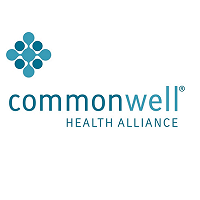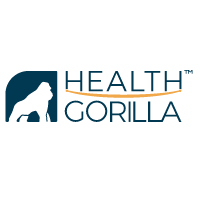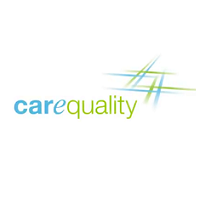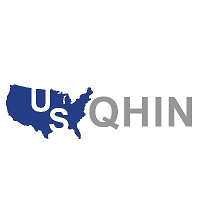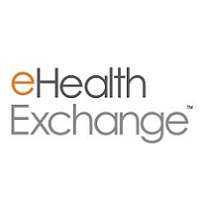We have been reporting health information exchange news and updates in our monthly HIE Rundown and State HIE News posts. Moving forward we want to monitor and report on the much changing landscape of health information exchange and how sharing health data is changing for the better.
This spring will mark 18 years in the US quest for healthcare interoperability. Under an executive order from the then president G W Bush, the ONC was established and Dr. David Brailer was dubbed “America’s first Health Information Czar.” The Meaningful Use program was then born out of the HITECH Act and Merit-Based Incentive Payment System was then born our of the MACRA legislation. And then information sharing from the CURES Act. All trying to move our healthcare system to the digital age, better outcomes, controlling and reducing costs, and patient access to their health data. It has not been an easy road and the debate of the journey will never end. But the ONC has released what they say are the game changers to the future of health data interoperability.
ONC's Cures Act Final Rule
In May of 2020 the 21st Century Cures Act: Interoperability, Information Blocking, and the ONC Health IT Certification Program released by the ONC and published in the Federal Register. Here is a quick timeline.
Certification
- 6/30/20 – General Effective Date
- 4/5/21 – Compliance requirements start for information blocking, assurance, and API
- 4/5/21 – HIT developers prohibited from restricting certain communications
- 12/15/21 – Submit initial real world testing plans
- 4/1/22 – 1st attestation to conditions of Cert required
- 12/31/22 – New HL7 FHIR API capability and other update criteria must be made available
- 3/15/23 – Submit initial real world testing results
- 12/31/23 – EHI export capability must be made available
TEFCA
On January 18, 2022, ONC announced the publication of the Trusted Exchange Framework and the Common Agreement (TEFCA). Entities will soon be able to apply and be designated as Qualified Health Information Networks (QHINs). QHINs will connect to one another and enable their participants to engage in health information exchange across the country. The Recognized Coordinating Entity (RCE) is The Sequoia Project, Inc. This marks the implementation phase and it is anticipated the initial QHINs will onboard to the network-of-networks to begin sharing data with one another this year.
The Players
ONC Recognized Coordinating Entity (RCE)
 The Recognized Coordinating Entity (RCE) is responsible for developing, implementing, and maintaining the Common Agreement component of the Trusted Exchange Framework and Common Agreement (TEFCA). The Common Agreement is the baseline technical and legal requirements for health information networks to share electronic health information and is part of the 21st Century Cures Act (Cures Act).
The Recognized Coordinating Entity (RCE) is responsible for developing, implementing, and maintaining the Common Agreement component of the Trusted Exchange Framework and Common Agreement (TEFCA). The Common Agreement is the baseline technical and legal requirements for health information networks to share electronic health information and is part of the 21st Century Cures Act (Cures Act).
In addition they will collaborate with ONC to designate and monitor Qualified Health Information Networks (QHIN), modify and update an accompanying QHIN Technical Framework, engage with stakeholders through virtual public listening sessions, adjudicate noncompliance with the Common Agreement, and propose sustainability strategies to support TEFCA beyond the cooperative agreement’s period of performance.
Organizations Announcing Intentions to Become QHINs
So who will be applying to become QHINs? These are organizations that have announced intentions to apply. Applications will begin in Q2 this year.


